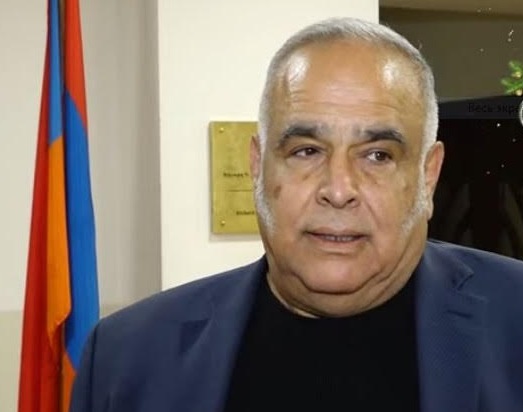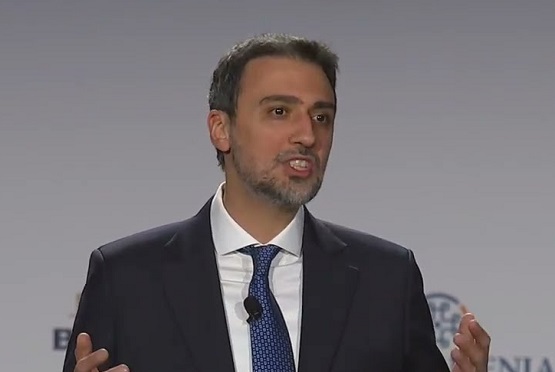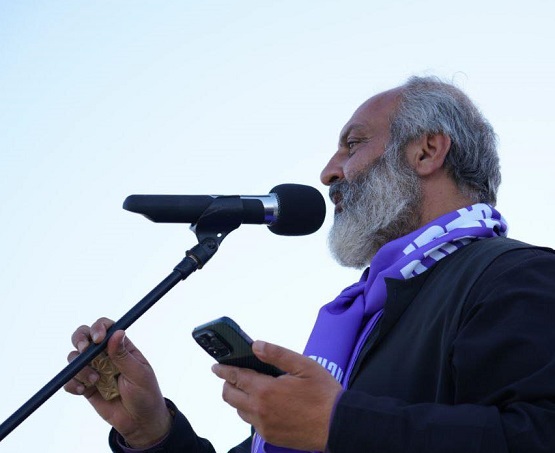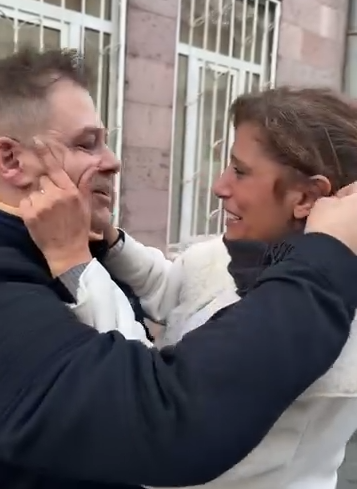By Harut Sassounian
Publisher, The California Courier
Now that over a dozen candidates have announced their intention to run for President in 2016, Armenian-Americans are wondering whom to support in next year’s elections.
Faced with that same question in 2012, I wrote a column explaining why I was not voting for either the Democratic incumbent, Barack Obama or his Republican rival, Mitt Romney.
During his first four years as President, Obama not only did not keep his repeated promises on the Armenian Genocide, but also failed to support many other Armenian-American issues.
Romney did not fare any better. During the presidential campaign, the Republican candidate made no promises to and held no meetings with the Armenian community. Some interpreted his detachment as a sign of honesty, thinking that he did not wish to make promises that he would not keep. Romney’s problem was that if a presidential candidate exhibits such callous disregard toward a block of voters right when he most needs their support, imagine how much less attention he would pay to Armenian-Americans and their issues after he becomes President!
For several decades, the Armenian-American community has sought a pledge from all presidential candidates that as President they would recognize the Armenian Genocide. All too often, the thrill of anticipated victory has turned into agony, as every President since Ronald Reagan has suffered from amnesia upon entering the White House. Consequently, the Armenian community has become disappointed and disengaged from the American political process, believing that all politicians are liars!
To break this vicious circle of promise and deception, I would like to suggest two alternative strategies:
The first is to evaluate all Presidential candidates on the totality of their positions on many issues of significance to the Armenian-American community:
-- Increasing the amount of U.S. aid to Armenia and Artsakh (Karabagh);
-- Pressuring Turkey to lift the blockade of Armenia;
-- Demanding that Turkey return the confiscated Christian churches to their rightful owners -- Armenians, Assyrians, and Greeks;
-- Condemning Azerbaijan for its repeated threats and frequent attacks on Artsakh;
-- Supporting Artsakh’s self-determination;
-- Promoting U.S. trade with Armenia;
-- Holding annual meetings with representatives of the Armenian-American community.
I have intentionally left out from the above list the request from presidential candidates to “recognize” the Armenian Genocide, as it has been repeatedly recognized by the United States! Hence, there is no need to make genocide recognition a litmus test for Presidential endorsements, particularly after its global acknowledgment during the Centennial! Moreover, when presidential candidates make a campaign promise on the Armenian Genocide, they should not be automatically endorsed based on that single issue, ignoring their positions on all other issues!
Of course, there is no guarantee that the elected president would keep the promises on other Armenian issues. However, if Armenian-Americans make a large number of requests, they may be able to obtain satisfaction on a few of them.
It is important to note that those candidates who have already deceived the Armenian community during previously held elective or appointive positions should be eliminated from all consideration. One such candidate is Hillary Clinton who as Secretary of State called the Armenian Genocide “a matter of historical debate,” after staunchly defending it as Senator, and then as presidential candidate in 2008. Armenian-Americans should not trust any candidate who has already lied to them! As the popular saying goes, “fool me once, shame on you; fool me twice, shame on me!” The real issue transcends genocide recognition and reflects the character and integrity of the candidate!
An alternate election strategy would be not to endorse candidates during their first run for office to avoid being misled by false promises. Let elected officials earn Armenian-Americans’ trust by taking positive actions on issues important to them during previous terms in office.
Finally, not voting for presidential candidates in their first run for office does not mean staying away from elections or the political process. One third of the US Senate and all 435 members of the U.S. House of Representatives are up for reelection every two years. Armenian-Americans should support all incumbents in federal, state and local elections who have a proven record of accomplishments on Armenian issues, while helping defeat those who have opposed Armenian interests during their term in office!
It is more prudent to engage in intelligent and efficient political activism rather than wasteful and abortive electoral participation.












